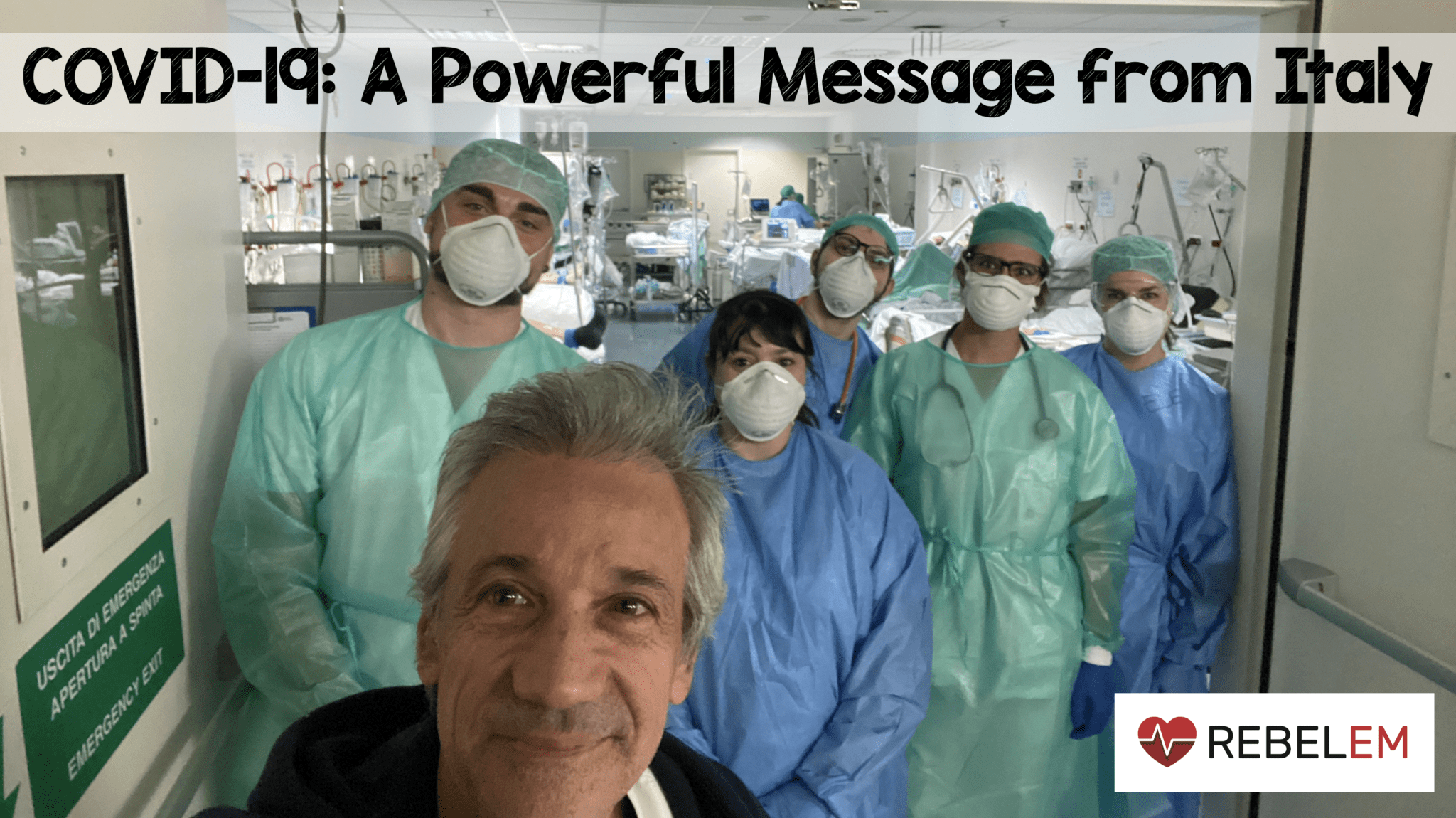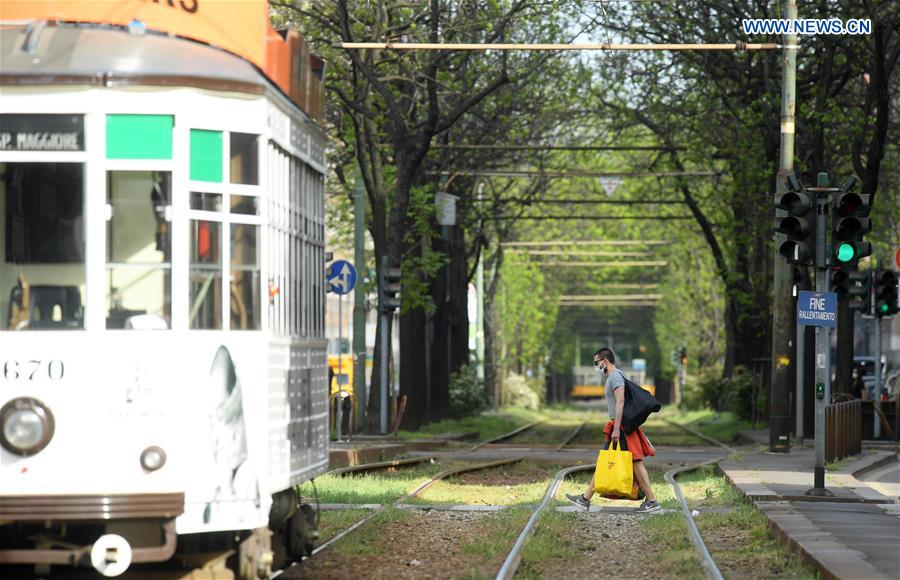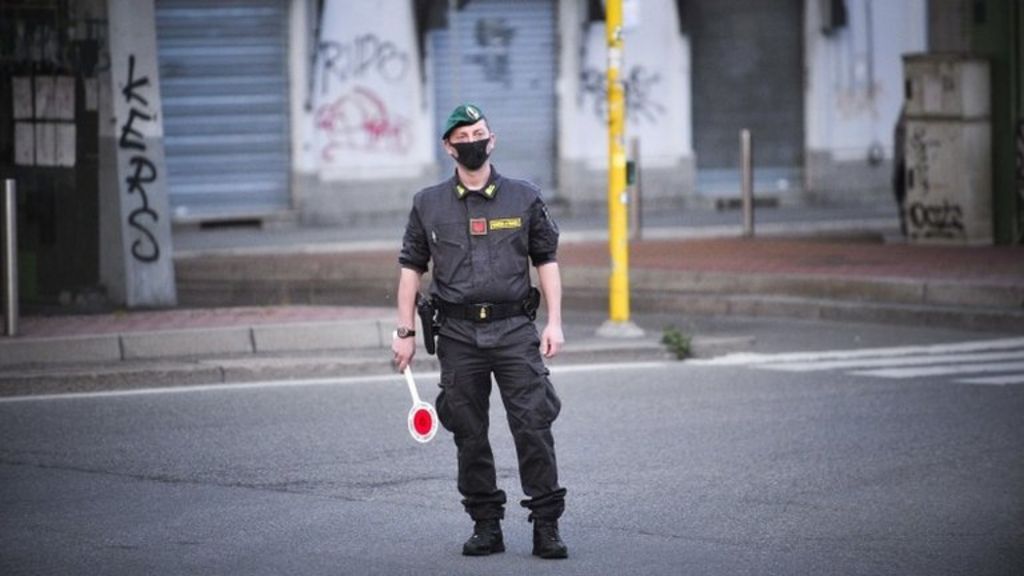


The virus's etiology is still not-well understood however, it is known that it propagates quickly among humans by close contact, air currents, by touching contaminated objects or through respiratory droplets produced when an infected patient coughs or sneezes 2.

The COVID-19 Pandemic and Italy's Response to itĪs of September 2020, SARS-CoV-2 -a coronavirus which likely originated in Wuhan, China- that causes COVID-19 - has been ravaging the world (almost 30 million people infected), causing the deaths of almost 1,000,000 people (at the time of writing) 1. This, in expanding the epistemic-expert pool, may also make it “more representative of society as a whole.” Likewise, in the interest of public reason and representativeness, we also claim that it may be fruitful to bring in non-experts, or experts whose expertise is not based solely on “epistemic status,” but rather on either experience or political advocacy, of either the homeless, the immigrant, or other disenfranchised groups. On these grounds (section The Need of More Public Discourse in Fighting Covid-19) we call for an increase role of different types of expertise in public debates thus for the inclusion of ethicists, bioethicists, economists, psychologists, moral and legal philosophers in any scientific committee responsible for taking important decisions for public health, especially during situations like pandemics.

#Covid 19 italy lockdown how to#
We claim that, especially in situations of emergency when experts disagree, decision makers ought to promote broad discussions, with attention to public reason as well as to constitutional rights, in the attempt to find a shared procedural and democratic agreement on how to act. We point out that in some cases, like the one we discuss here, the epistemic justification that underlies scientific expertise is not enough to direct public debates and that politicians shouldn't exclusively focus on it. We problematise (section General Disagreement Among Experts: A Pressing Epistemic Problem) around the stalemate that arises as a consequence of the implementation of these different approaches, both epistemically grounded and equally justified, in the face of an unknown virus, in society. We analyse (section Sweden's Softer Approach) Sweden's softer approach, which is based on relatively lax measures and tends to safeguard fundamental constitutional rights. We start (section The COVID-19 Pandemic and Italy's Response to It) by focusing on Italy's “tough” response to COVID-19 pandemic, which included total lockdown with very limited possibility of movement for over 60 million individuals. 4Centro Universitario Internazionale, Arezzo, Italy.3Department of Philosophy, King's College, London, United Kingdom.2Institute of Philosophy, Saint Petersburg State University, Saint Petersburg, Russia.1Institute for Humanities and Social Sciences, Innopolis University, Innopolis, Russia.


 0 kommentar(er)
0 kommentar(er)
